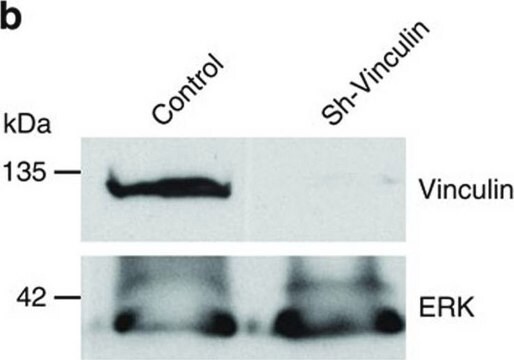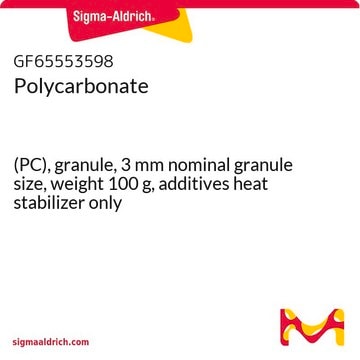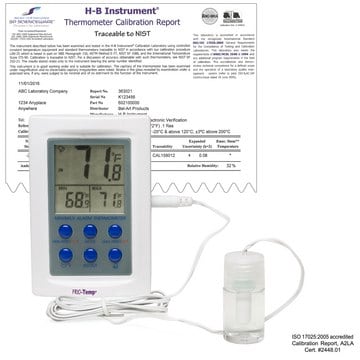GF53651796
Aluminum
tube, 1000mm, outside diameter 1.42mm, inside diameter 1.166mm, wall thickness 0.127mm, as drawn, 99.5%
Synonim(y):
Aluminum, AL007050
Zaloguj sięWyświetlanie cen organizacyjnych i kontraktowych
About This Item
Wzór empiryczny (zapis Hilla):
Al
Numer CAS:
Masa cząsteczkowa:
26.98
Numer MDL:
Kod UNSPSC:
12141702
Identyfikator substancji w PubChem:
NACRES:
NA.23
Polecane produkty
Próba
99.5%
Postać
tubes
temp. samozapłonu
1400 °F
producent / nazwa handlowa
Goodfellow 536-517-96
rezystywność
2.6548 μΩ-cm
dł. × grubość ścianki
1000 mm × 0.127 mm
śr. zewn. × śr. wewn.
1.42 mm × 1.166 mm
tw
2460 °C (lit.)
mp
660.37 °C (lit.)
gęstość
2.7 g/mL at 25 °C (lit.)
ciąg SMILES
[Al]
InChI
1S/Al
Klucz InChI
XAGFODPZIPBFFR-UHFFFAOYSA-N
Opis ogólny
For updated SDS information please visit www.goodfellow.com.
Informacje prawne
Product of Goodfellow
This page may contain text that has been machine translated.
Kod klasy składowania
13 - Non Combustible Solids
Klasa zagrożenia wodnego (WGK)
WGK 3
Temperatura zapłonu (°F)
Not applicable
Temperatura zapłonu (°C)
Not applicable
Certyfikaty analizy (CoA)
Poszukaj Certyfikaty analizy (CoA), wpisując numer partii/serii produktów. Numery serii i partii można znaleźć na etykiecie produktu po słowach „seria” lub „partia”.
Masz już ten produkt?
Dokumenty związane z niedawno zakupionymi produktami zostały zamieszczone w Bibliotece dokumentów.
M A Santos et al.
Current medicinal chemistry, 19(17), 2773-2793 (2012-03-30)
This review is focused on recent developments on hydroxypyri(mi)dines, as aluminum and actinide chelating agents to combat the toxicity due to accumulations of these metal ions in human body resulting from excessive metal exposure. After a brief update revision of
C A Shaw et al.
Immunologic research, 56(2-3), 304-316 (2013-04-24)
We have examined the neurotoxicity of aluminum in humans and animals under various conditions, following different routes of administration, and provide an overview of the various associated disease states. The literature demonstrates clearly negative impacts of aluminum on the nervous
Stephen C Bondy
Toxicology, 315, 1-7 (2013-11-06)
Aluminum is one of the most common metal elements in the earth's crust. It is not an essential element for life and has commonly been thought of as a rather inert and insoluble mineral. Therefore, it has often been regarded
Maire E Percy et al.
Journal of inorganic biochemistry, 105(11), 1505-1512 (2011-11-22)
In 1991, treatment with low dose intramuscular desferrioxamine (DFO), a trivalent chelator that can remove excessive iron and/or aluminum from the body, was reported to slow the progression of Alzheimer's disease (AD) by a factor of two. Twenty years later
Ryan J Mailloux et al.
Experimental cell research, 317(16), 2231-2238 (2011-07-27)
Aluminum (Al) is a metal toxin that has been implicated in the etiology of a number of diseases including Alzheimer's, Parkinson's, dialysis encephalopathy, and osteomalacia. Al has been shown to exert its effects by disrupting lipid membrane fluidity, perturbing iron
Nasz zespół naukowców ma doświadczenie we wszystkich obszarach badań, w tym w naukach przyrodniczych, materiałoznawstwie, syntezie chemicznej, chromatografii, analityce i wielu innych dziedzinach.
Skontaktuj się z zespołem ds. pomocy technicznej








